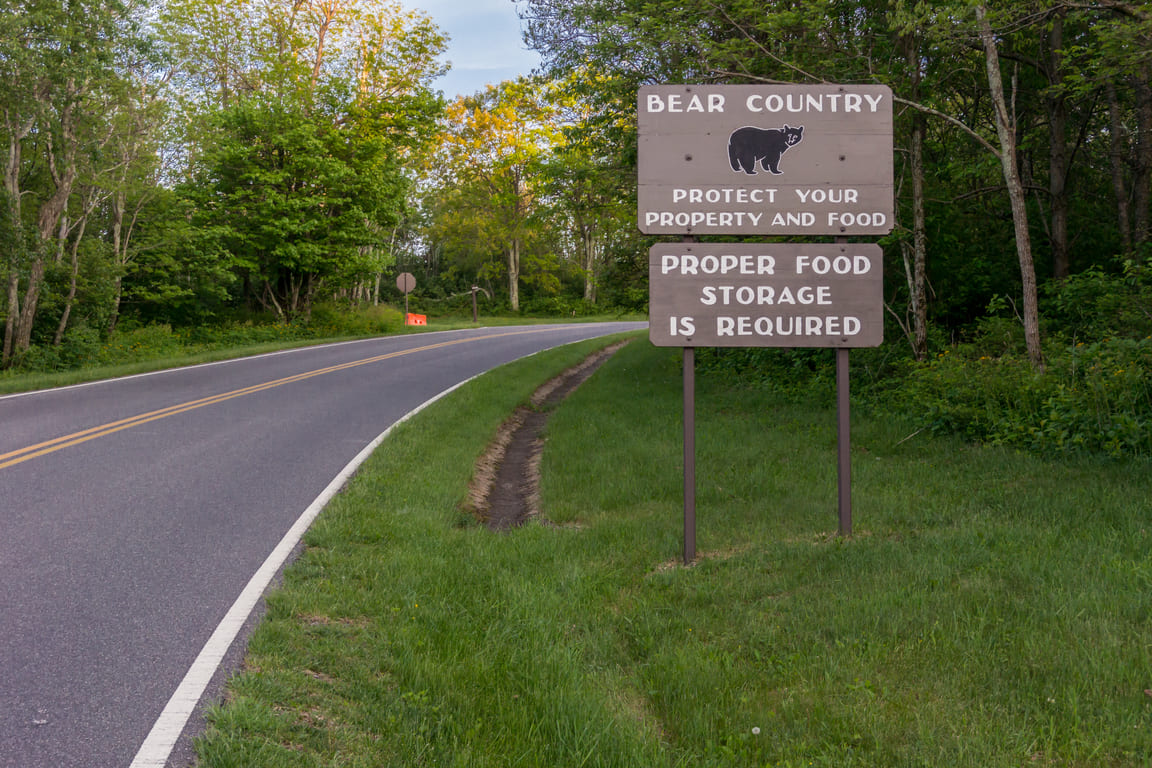
The fact of life is that while camping, you’re going to have to eat, and this means you’ll have food with you. Unfortunately, this can attract all kinds of unwanted animals and critters to your campsite. Animals are always looking for an easy meal and often look to humans to get one. While it can be challenging to prevent these critters from helping themselves to all your precious bounty, it’s definitely not impossible if you follow the correct steps. Follow these tips to protect your goods and prevent animals from raiding your campsite for food.
Be Aware of What Animals You May Encounter
First and foremost, you should know what animals you could potentially encounter so you can plan accordingly. Raccoons are the most common. Bears will only be in certain habitats. Do not underestimate how clever animals are in opening coolers and getting into tents. You can easily do a quick google search or call the local Forest Service, who will have first-hand knowledge of all the most common wildlife and may even be able to offer tips and tricks. Once you know what critters you may be dealing with you can come up with the best ways to deter them from your campsite in search of food.
Keep Food Off the Ground
The simplest way to protect your food is by tying it up in a tree off the ground. All you’ll need is some kind of cord or rope and a bag to hold the food. It’s best to use a waterproof bag to keep your food dry if it rains or a bear bag which is not only indestructible but will lock all the smells in, keeping the animals out. It’s also important to remember that many toiletries also have smells that can attract animals so it’s best to stow those as well. To hang your belongings, all you have to do is find a sturdy branch roughly 20 feet high.
Fill your bag with food or anything else you want to be protected and tie your rope or cord to the top. Then, tie the other end of the rope to a rock and throw it over the branch. After, hoist up the bag until it’s at least 15 feet off the ground and tie the loose end to the trunk of the tree.
It’s important to check with the park beforehand if tying food in the tree is allowed. Now some state parks don’t allow this as bears have learned this and have found ways to get the food out of the tree.
Bring a Bear Canister or Use the Designated Storage
Some parks offer designated food storage lockers while others such as Rocky Mountain, Grand Teton, and Yellowstone require you to bring your own bear canister to certain backcountry destinations. These canisters are portable, hard-sided lockers that can fit in your backpack and bears typically aren’t able to tear through. However, the downside is that they can be pretty heavy to lug around. The other option is a lightweight bear bag made of bulletproof materials rated to keep the bears out.
When storing food in a canister, remember to keep them at least 200 feet away from your campsite. It helps to paint them a bright color so you can easily find them in the morning. Whether you use a bear canister or designated lockers are provided, it’s important to check the requirements of the state park beforehand.
Keep Food Out of The Tent
It’s probably safe to say no one wants to be woken up by a bear, mountain lion, or even a mouse trying to get into their tent. One of the best ways to prevent that is a strict no food in the tent rule. Before heading off to bed check your pockets and gear you’re bringing in the tent with you for any food you may have stowed. With that said, you’ll also want to set up your cooking station away from your tent as food splatters and odors can get on the tent potentially attracting animals.
Clean Up Well
After cooking each meal, make sure to clean up well making sure there’s no residual food left over, and don’t save this task for the morning. Clean your cookware and anything you eat with and dispose of trash properly. Store all leftovers away in the tree or storage box away from the campsite.
Global Emergency Medics offers many wilderness certifications including WFR (Wilderness First Responder) and WEMT (Wilderness EMT).